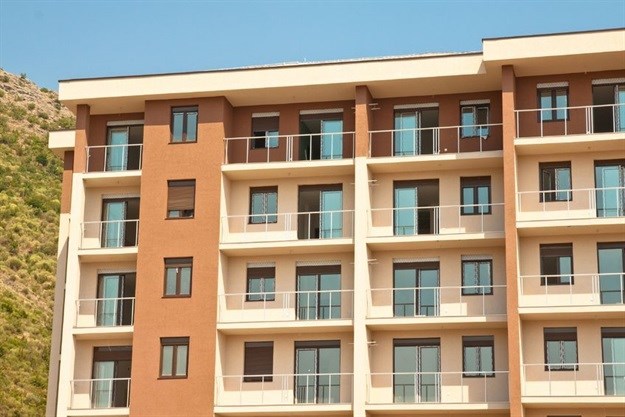The rental market in Cape Town is in a state of flux at the moment and tenants are possibly in a better position in terms of value for money and the choices available to them than ever before.
This could be for various reasons, the first being that many investors bought property purely to rent out as short-term lets because of the rising popularity of AirBnB or other DIY holiday accommodation websites but have since realised that it’s not as easy to make money off this type of rental than it first was made out to be. Short-term lets often create a high volume of administrative work and is often a higher risk rental than a long-term let. It also highly depends on the number of tourists in the Mother City.
In addition, many bodies corporate and HOAs dislike short-term lets because of the security risks they might pose due to the higher number of people who have access to their building.
Now, many landlords have put their units back on the market as longer-term rentals, which has created an increase in the number of units available in supply.
Demand and supply dictates market price
Added to this, many potential tenants are struggling financially and simply cannot pay high rentals and this is forcing landlords to reconsider the amount they rent their units out for. It’s simple economics, demand and supply laws will dictate market price and many landlords are having to reassess their expectations of their investment portfolios.
Looking at the TPN Residential Sector Vacancy Survey Q4 of 2018, figures show that there is a declining trend:
“The national supply rating has increased marginally from 64.7% in 2018 Q3 to 66.4% in 2018 Q4. This increase along with a slight decline in the national demand rating from 63.1% in 2018 Q3 to 61.8% in 2018 Q4 results in a deteriorating market strength index of 47.7% in 2018 Q4.
With the market strength index now officially below the equilibrium level of 50%, one could argue that tenants now have the upper hand when it comes to negotiating rental agreements.”
Figures show that the market has changed quite dramatically in the Western Cape from a high of around 85% in Q1 of 2016 to a figure of 46.9% in Q4 of 2018 (according to the same TPN report).
Investors will have to reconsider high rental increases this year, or perhaps not increase the rentals at all if they have good tenants (who pay in full and on time and who look after the property). It is, after all, better to have a tenant paying a slightly lower amount than to have the risk of the property standing empty for a time while looking for a suitable tenant.































